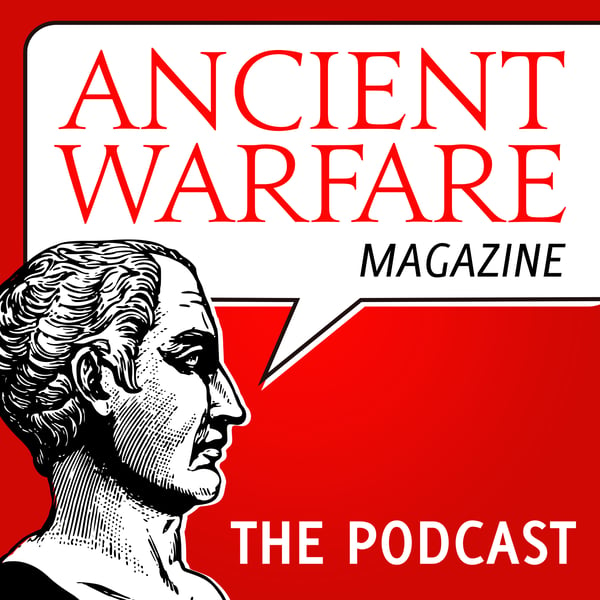Rome's wars with the Sassanids
Ancient Warfare Podcast
The History Network
4.4 • 631 Ratings
🗓️ 10 February 2012
⏱️ 48 minutes
🧾️ Download transcript
Summary
The Sassanid Empire would prove to be the last of the Persian middle-eastern empires, and would also be the last great ‘civilised’ rival of Rome. The Great Achaemenid Persian Empire, founded by Cyrus the Great, had displaced the Babylonians in the Middle-East. Ultimately, it sprawled from the Mediterranean to northern India. This empire, the largest in the world, had been overthrown by the meteoric career of a western ‘barbarian’ named Alexander of Macedon, but he did not survive to consolidate his conquest and it quickly split up with various parts being ruled by Alexander’s successors, who warred among one another with none succeeding in re-uniting the former Achaemenid Empire.
With Ian Hughes joining the regulars, they discuss the problem of gaps in the historical evidence that have to be negotiated when looking at the period, and the long lasting conflict with Rome.
Dur: 48min
Transcript
Click on a timestamp to play from that location
| 0:00.0 | Welcome to the Ancient Warfare Magazine podcast produced by the History Network. If you have any |
| 0:06.4 | comments or ideas, email editor at ancient-warfare.com. And for other discussions, check out the |
| 0:15.4 | ancient warfare forum, which you can find a link to at www.w. |
| 0:23.9 | Ancient-warfare.com. |
| 0:29.2 | You can also find all the History Network podcasts by going to www. |
| 0:32.4 | The History Network.org. |
| 0:33.8 | Hello, everyone. |
| 0:35.9 | We're back with an ancient warfare podcast. |
| 0:37.8 | It's been a while, but we've had some technical difficulties, Christmas, and difficulties to get agendas aligned. But to make it up |
| 0:44.7 | for the long wait, we've got a guest this time. So apart from the usual crew, Lindsay Powell, |
| 0:50.8 | Murray, Don, and Michael Taylor, we're joined tonight by Ian Hughes, author of a book about Belisarius and more on the way, I think. |
| 0:59.9 | And tonight we're discussing Rome and its eternal enemy, at least late Rome and its eternal enemy, the Sassanid Empire. |
| 1:08.1 | I think we in the issue mentioned that the sources are quite problematic, |
| 1:13.3 | so perhaps that's a good point to begin with. |
| 1:16.2 | Maybe just to frame it, 212 AD is sort of a big moment for Roman history |
| 1:23.7 | in the sense that Diocasius stops writing, sets down his historian's pen, thinks the Roman |
| 1:29.7 | empire is doing a-okay. So that's sort of the end of our big major literary history that kind |
| 1:35.8 | of covers, you know, most of the high Roman Empire. And then until Amiens Marcellinus actually picks up |
| 1:42.1 | in the in the 360s, we don't actually have any good reliable |
| 1:47.0 | Roman historian covering that period in between we we have really for the most part the |
| 1:52.9 | scriptores history I Augusti or sometimes called the script or history I Auguste depending on |
| 1:58.5 | whether you think there were many or most people think there was just one scriptor. |
... |
Please login to see the full transcript.
Disclaimer: The podcast and artwork embedded on this page are from The History Network, and are the property of its owner and not affiliated with or endorsed by Tapesearch.
Generated transcripts are the property of The History Network and are distributed freely under the Fair Use doctrine. Transcripts generated by Tapesearch are not guaranteed to be accurate.
Copyright © Tapesearch 2025.

